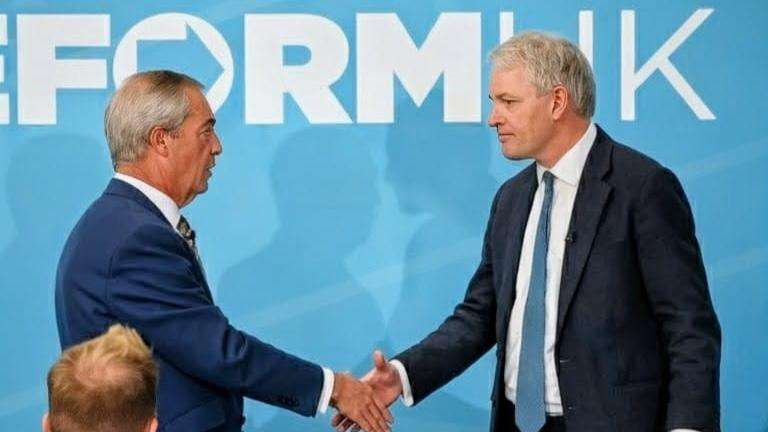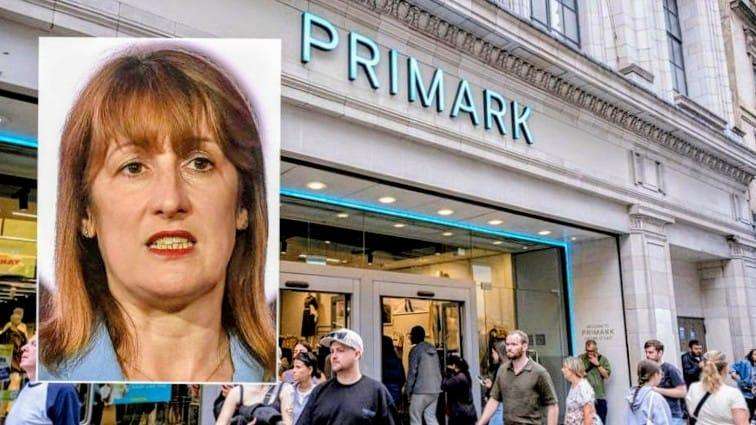The question of who will be Britain's next Prime Minister is no longer a matter for the next general election but for the coming months, as mounting pressure and a series of damaging scandals threaten to topple Sir Keir Starmer's Labour government. Following a precipitous drop in the polls and high-profile resignations from his inner circle, the Prime Minister is facing a serious leadership challenge from within his own party.
The latest crisis comes on the heels of several major blows to the government. The sacking of US Ambassador Lord Mandelson over his relationship with convicted sex offender Jeffrey Epstein, and the departure of Deputy Leader Angela Rayner amid a tax scandal, have already shaken public confidence. The recent resignation of senior Downing Street aide Paul Ovenden, after the unearthing of "sexually explicit" emails about MP Diane Abbott, has only deepened the sense of a government in disarray.
This internal turmoil coincides with a dramatic shift in the political landscape. Nigel Farage's Reform UK party has not only surpassed Labour in many national opinion polls but has also secured a large number of local council by-election victories. This electoral momentum has led bookmakers to make Farage the favorite to become the next UK Prime Minister, a remarkable turnaround from Labour's landslide victory in 2024.
With the threat of a no-confidence vote looming, speculation is rampant about who could replace Sir Keir. The Labour Party's rules for a leadership challenge are stringent: an MP must secure the support of 20% of their fellow Labour MPs, followed by nominations from 5% of Constituency Labour Parties or at least three affiliated trade unions. If this threshold is met, the incumbent leader is automatically included on the ballot.
Among the contenders, Greater Manchester Mayor Andy Burnham is a strong frontrunner. While not a sitting MP, rumors persist that he is preparing to step down and seek a by-election to make himself eligible for a leadership bid. Burnham, who is backed by a soft-left network within the party, has publicly called for wealth taxes and nationalization of utilities, policies that put him at odds with Starmer's more centrist approach. The ongoing deputy leadership contest between Lucy Powell and Bridget Phillipson is seen by some as a proxy battle for the future direction of the party, with Powell's alignment with Burnham making her a key figure in this potential challenge.
Other names being floated include Health Secretary Wes Streeting, a staunch Starmer ally who faces his own challenges with rising NHS waiting lists and a resurgent threat from pro-Palestinian independent candidates in his constituency. New Home Secretary Shabana Mahmood, a "Blue Labour" figure known for her tough stance on immigration and a growing following within the party, is another contender to watch.
The political future of the UK seems more uncertain than ever. Will the local elections in May prove to be the final straw for Sir Keir's leadership? Or will the Labour Party rally behind him to face the challenge from Reform UK? The coming months will be a crucial test for the stability of the government and the future of the Labour Party.
_2.jpg)
_1.jpg)





.svg)
